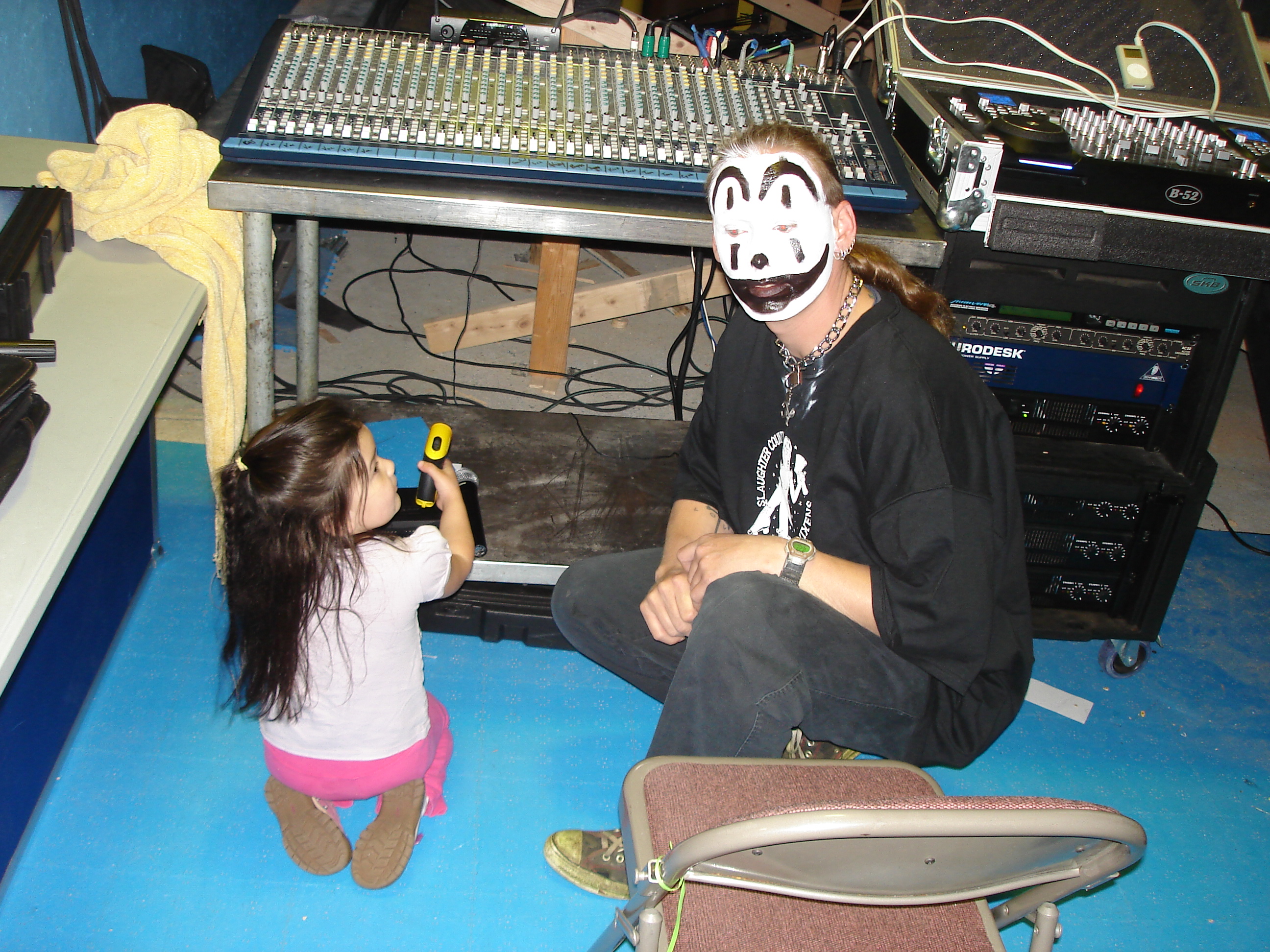Views expressed in opinion columns are the author’s own.
Two groups of predominantly white working-class men gathered in Washington, D.C., on Sept. 16. One set, about 500 strong, rallied to protect “traditional American culture” and praise President Trump’s nationalist values, and the other was a gathering of about 1,500 Juggalos — the devoted fanbase of horrorcore rap duo Insane Clown Posse. These radically different groups come from similar backgrounds, but while their rough upbringing has created deep political tensions for Trump supporters, the same thing has helped Juggalos create a healthy community we can learn from.
Juggalo culture seems centered around unstable subjects, such as the supernatural hell of the Dark Carnival, grease paint and the aesthetic of violence, but above all, Juggalos value their community. They refer to one another as “family” and are explicitly inclusive of all, whatever their background, physical appearance or sexual orientation. And collectively, they’ve given a lot of people who grew up dispossessed in middle America a positive social group.
ICP’s two frontmen grew up together in ’70s downtown Detroit, in the era of the city’s deepest economic decline and peak violent crime. They lived in a culture of abuse and poverty as youth; each owned only one shirt and two pairs of pants, and they were shunned by their peers for being so poor. But they didn’t fold under the pressure. Instead, they flaunted their low socioeconomic status and called it a style, something to be proud of.
That resonates in their music — they write songs about cheap gas station soda that people in similar economic situations can relate to. With the recent election, we saw how many poor people in flyover states felt voiceless and forgotten, left without resources to help them develop. ICP provides unity where it is sorely lacking and diffuses some of the tension building within this demographic.
But the ICP mythos is also very strange. It speaks to people on the fringes of this society, and those who most need an in-group. Outcasts lacking the support they might find in more urban areas can always find acceptance in the Juggalo family, and the community can give them guidance and a sense of belonging for a lifetime. Already, the first generation of Juggalos are having children and supporting each other into the future.
Juggalos have a reputation for attracting “white trash” and are heavily looked down upon for their unconventionality. And maybe they are pretty silly, but shunning them is shunning a group that saved itself from loss of agency.
The violent aesthetic of Juggalos is a way for people who don’t feel they have a voice to speak, and what they declare isn’t as senseless as it may seem. When they talk about murder, they seek to kill racists, pedophiles and serial killers. ICP sings about brutalizing the Ku Klux Klan and corrupt police. They care about the issues affecting their homes and vent about the traumas they grew up with.
And despite the image they present, Juggalos aren’t violent. On Sept. 16, they marched to protest their 2011 FBI designation as a gang and demonstrated what they’re truly united by: “music, love, fellowship, and camaraderie.”
It’s important to recognize the real message of Juggalos, which has nothing to do with clowns or murder. They understand the struggles of growing up poor in economic and moral wastelands, and they can provide support. It’s not traditional American culture, but it’s much more relevant.
Sona Chaudhary, opinion editor, is a sophomore English and geology major. She can be reached at opinionumdbk@gmail.com.



